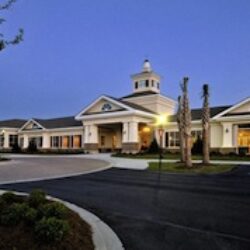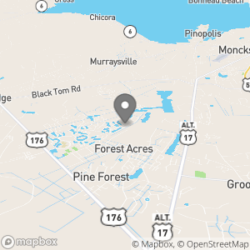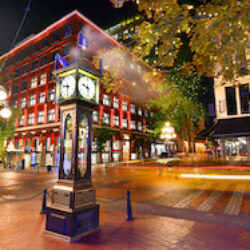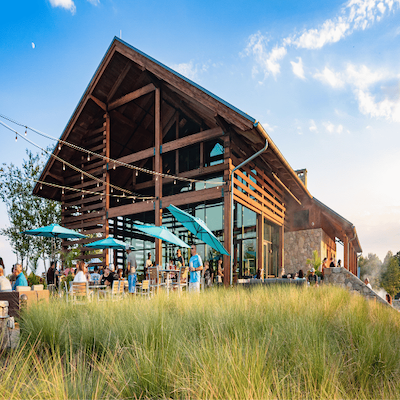Vancouver, Canada


What It Is Like to Retire in Vancouver
Vancouver is the largest city in British Columbia, Canada, and one of the most cosmopolitan cities in the Americas. This exciting city is located on Canada's west coast. The setting of high rise buildings rising from the harbor creates a striking environment. Vancouver is home to 2 major universities: the University of British Columbia and Simon Fraser University. It has a vibrant economy and strong cultural presence. Vancouver has public parks like giant Stanley Park, a lake, beaches, and nearby mountains for skiing and hiking. The city is frequently selected as one of the most livable cities.

Where to Retire in Vancouver and Home Prices
Much of Vancouver is devoted to high rise apartment buildings, particularly in the West End. These dense but livable neighborhoods include former urban industrial sites, such as North False Creek and Coal Harbour. People looking for an livable urban experience will find it in Vancouver. There are also active adult communities in the area (see link at left).
Although prices have declined in recent years, they are the highest in Canada, due to lack of land, a wealthy population, and its being a very desirable place to live. Average home prices in Vancouver in early 2020 was $1,008,700.
What Is Special about Vancouver
Vancouver is one of the most beautiful and the most livable cities in the world. It was the successful host of the 2010 Winter Olympics. The city's location near mountains and the ocean, along with its many gardens (such as Stanley Park, Queen Elizabeth Park, and VanDusen) make it a top tourist destination. Cruise ships include Vancouver as a regular stop.
What Is Not Special about Vancouver
Problems in Vancouver include homelessness, crime, and some gangs. It is also extremely expensive.

Who Will Like Retirement in Vancouver
People who want to retire in Vancouver include those who love its access to the mountains and the water, as well as those looking for a livable urban environment. Non-Canadian citizens will need to investigate immigration restrictions that might apply to there living in Vancouver.
Local Economy Is Driven by
Vancouver has an enviably strong economy thanks to tourism, geographic desirability, and a diverse economic base.
Climate and Physical Environment
The climate here is milder than most of the rest of Canada. It has an oceanic or marine west coast climate. It receives 47" of rain (1200 millimeters) and it snows about 11 days per year. July and August highs are rarely above 86 F. (30 C.). It has a natural harbor, Port Metro Vancouver, which is the busiest in Canada. Vancouver is in southwestern Canada on the Pacific Ocean.
Restaurants & Cultural Scene
Vancouver is a very cosmopolitan city with a thriving cultural life. In addition to hosting numerous theaters it has the Vancouver International Film Festival, which runs for two weeks every September. There are many art museums, such as the Vancouver Art Gallery, as well other types of museums. The Vancouver Symphony Orchestra and Vancouver Opera are important contributors to the Vancouver cultural scene. There is no shortage of interesting restaurants as well.
Crime
Crime in Vancouver has been falling dramatically, though property crime is still fairly high.
Medical facilities
There are several hospitals and medical facilities in Vancouver. Canada has a universal, government-funded health care system. Expats with permanent residency in Vancouver qualify to enroll, but there is a three month waiting period from enrollment to when coverage begins.
Transportation
Vancouver has a very advanced public transit system including the 2nd largest network of trolleys in North America. There is also a major airport, passenger ship terminals, and a major railroad hub.


Comments on "Vancouver"